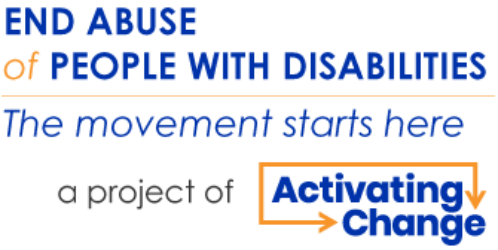Invisible Injuries: Domestic Violence, Traumatic Brain Injuries and Strangulation
While some disabilities are present at birth, many people with disabilities acquired their disability through trauma.Advocates who work with domestic violence survivors have known for decades that abusers intentionally target a victim’s head, neck and face, with terrifying and painful repeated assaults and strangulation. Ohio research showed that over 8 in 10 survivors accessing domestic violence services had experienced head trauma that could cause brain injuries, but these injuries were hardly ever identified or treated.
We are just beginning to understand the way that these assaults can impact the brain, cause brain injuries, and affect every aspect of a person’s life. Come to this webinar to learn about the brain and how it functions, and be introduced to the characteristics, signs, symptoms, and consequences of traumatic brain injury and strangulation. We will also discuss CARE, Ohio’s evidence-informed service provision approach and provide you with practical tools, resources, and educational materials to begin raising awareness and meeting the needs of survivors of abuse impacted by head trauma.
Rachel Ramirez is the Founder and Director of The Center on Partner-Inflicted Brain Injury, a project of the Ohio Domestic Violence Network (ODVN). Rachel is currently directing the Center’s first federal grant from the Office on Violence Against Women to increase collaboration and develop training and services for the brain injury, domestic violence, sexual assault, and health care fields. Over the past 14 years at ODVN, Rachel has led multiple statewide initiatives on trauma-informed approaches as well as other topics. She has trained hundreds of audiences and co-authored Trauma-Informed Approaches: Promising Practices and Protocols for Ohio’s Domestic Violence Programs, as well as peer-reviewed journal articles in the Journal of Family Violence and the Journal of Aggression, Maltreatment and Trauma. Rachel is a bilingual licensed independent social worker and a registered advocate with senior standing in Ohio.
